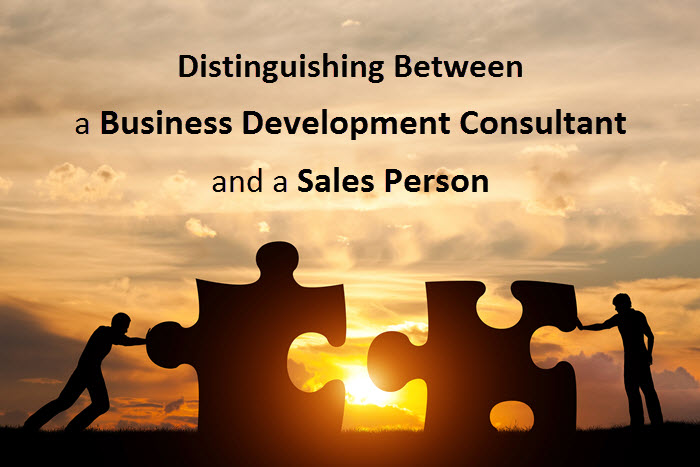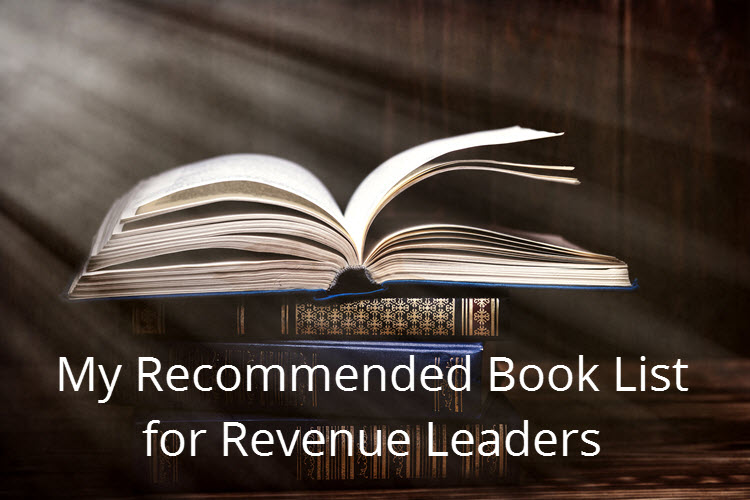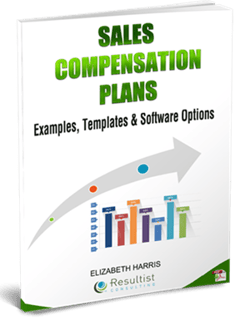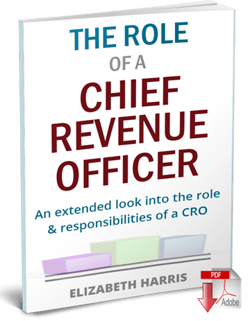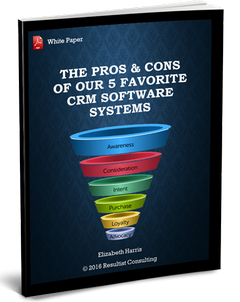Think about the last obstacle your company overcame. Now think about the last opportunity your company seized effectively. What do they have in common?
The answer could be any number of things really, but I would bet that one key similarity is how decision-making was approached in both scenarios.
Whether it’s making decisions to meet challenges or capitalizing on new prospects, asking the right questions plays an integral role – who you talk to, what you ask, how and when you ask, what the communication loop looks like as the topic is discussed, and what the outcome is after asking.
Questions play a vital role in every facet of an organization. Whether it’s marketing, sales, forecasting, finance, product research and development, operations, or overall strategic planning, questions are the cornerstone of running a successful business. Let’s discuss why and what you can do to improve your question asking to be a better leader!





